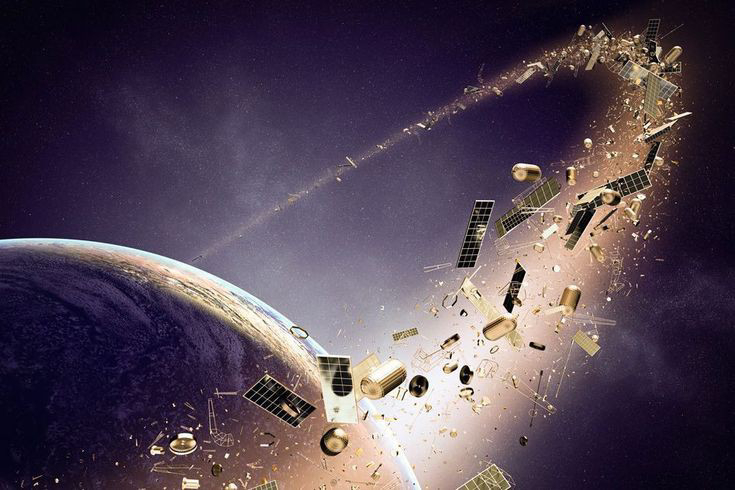Minimizing Space Debris: How Individuals and Companies Can Help

Space debris is becoming an increasingly important issue as the number of satellites and space launches continues to rise. With an estimated 9,000 tons of space debris orbiting the Earth, it's crucial that we take steps to minimize the amount of debris we produce and mitigate the damage it can cause. In this blog post, we'll explore some ways that individuals and companies can help reduce space debris and discuss the future of this growing problem. What is space debris? Space debris is any man-made object in space that is no longer functional. This includes old satellites, spent rocket stages, and other debris created by human activity in space. Over time, this debris can collide with other objects in space, creating even more debris and posing a risk to active spacecraft and satellites. As more and more debris accumulates, the risk of collisions and the potential for catastrophic events increases. How can we minimize space debris? There are several ways that indivi...

